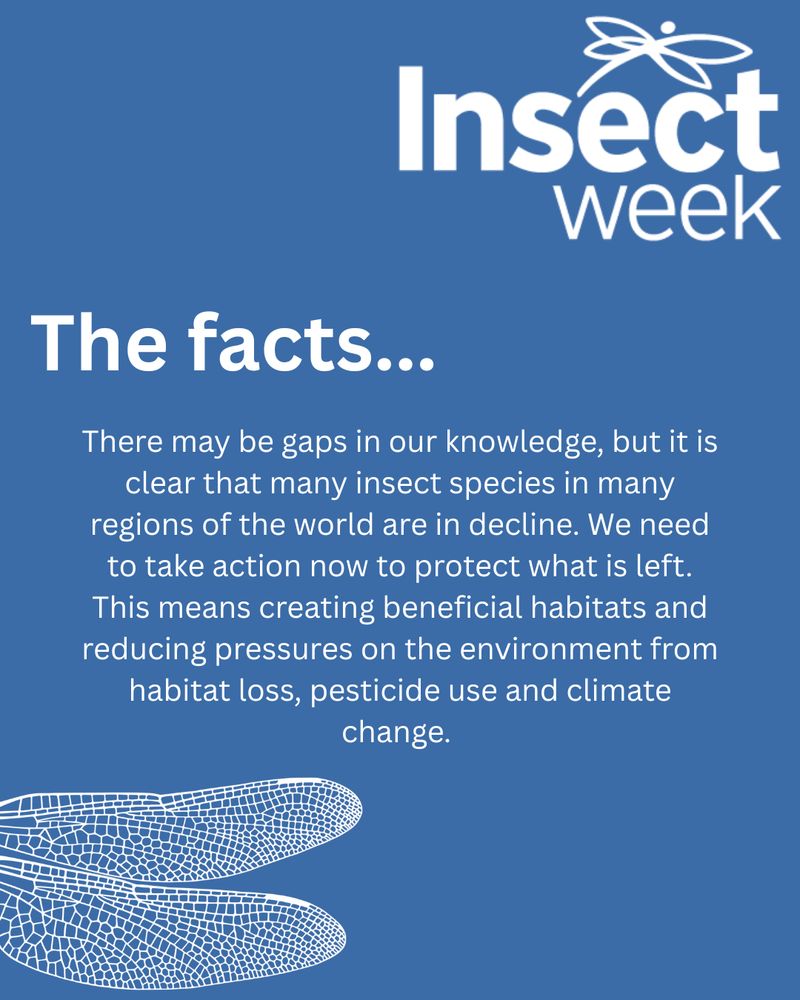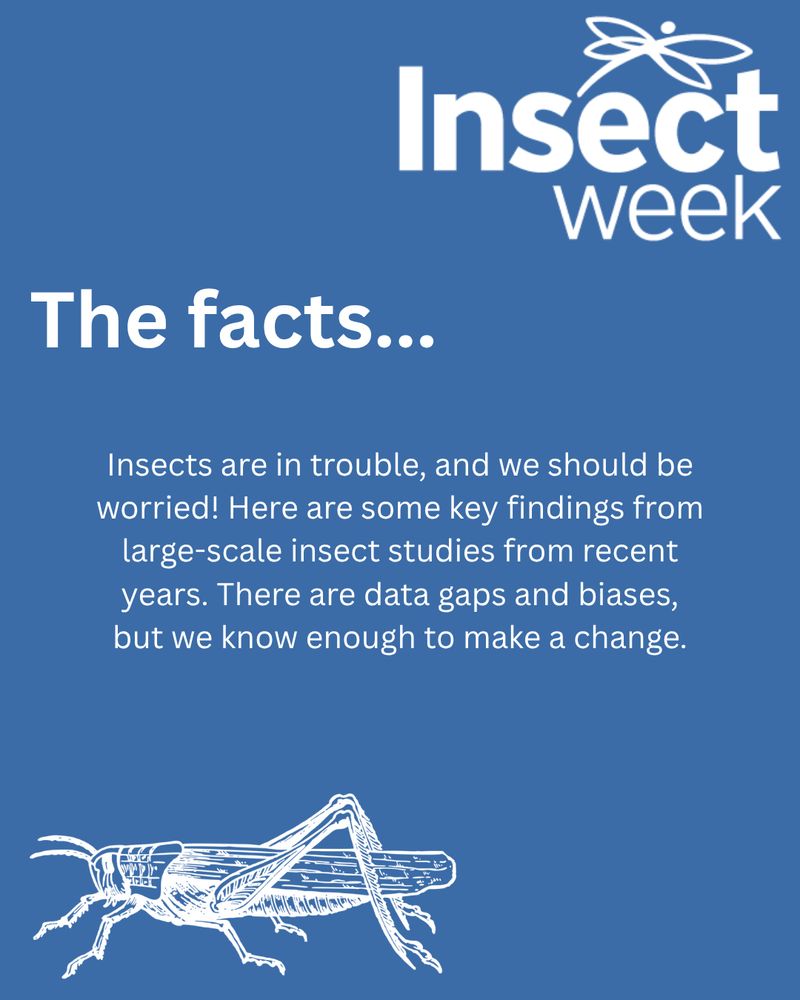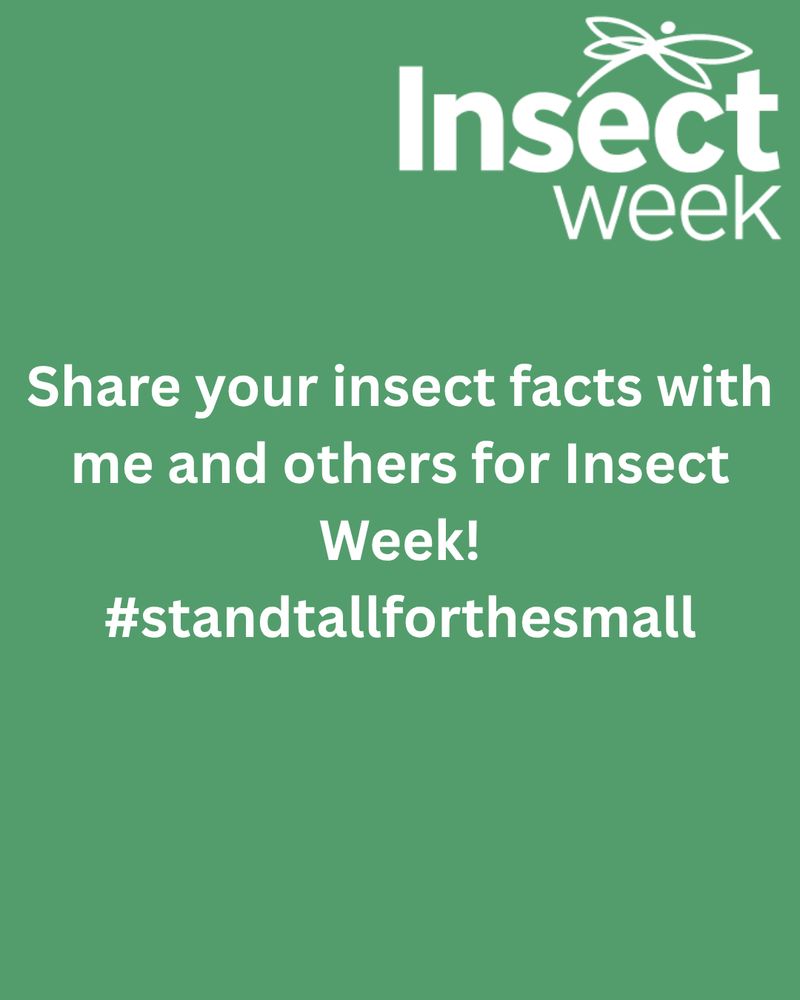Charlie Outhwaite
@charlieouthwaite.bsky.social
270 followers
100 following
40 posts
Research Fellow at the Institute of Zoology, ZSL. Research focus: macroecology of insect biodiversity change.
Posts
Media
Videos
Starter Packs

































